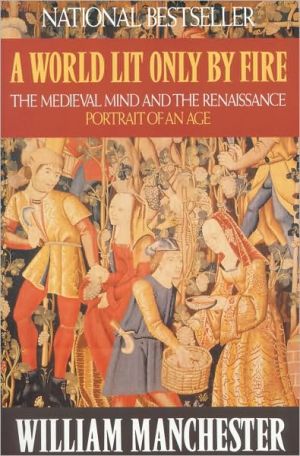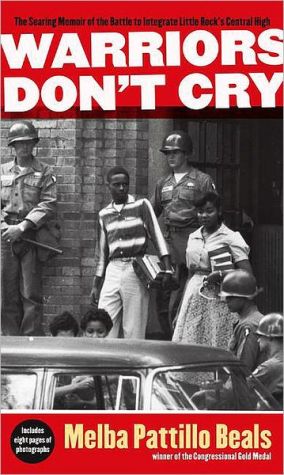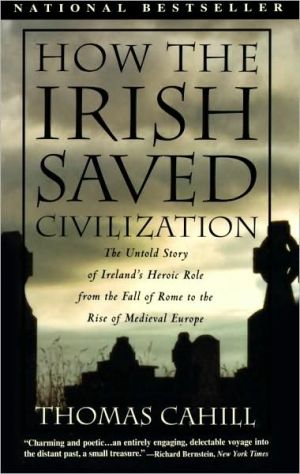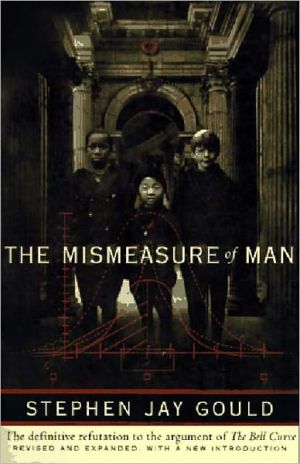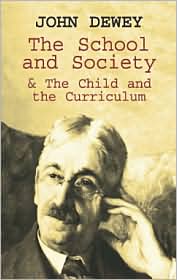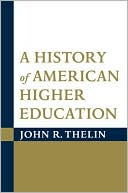A World Lit Only by Fire: The Medieval Mind & the Renaissance - Portrait of an Age
From tales of chivalrous knights to the barbarity of trial by ordeal, no era has been a greater source of awe, horror, and wonder than the Middle Ages. In handsomely crafted prose, and with the grace and authority of his extraordinary gift for narrative history, William Manchester leads us from a civilization tottering on the brink of collapse to the grandeur of its rebirth-the dense explosion of energy that spawned some of history's greatest poets, philosophers, painters, adventurers, and...
Search in google:
From tales of chivalrous knights to the barbarity of trial by ordeal, no era has been a greater source of awe, horror, and wonder than the Middle Ages. In handsomely crafted prose, and with the grace and authority of his extraordinary gift for narrative history, William Manchester leads us from a civilization tottering on the brink of collapse to the grandeur of its rebirth-the dense explosion of energy that spawned some of history's greatest poets, philosophers, painters, adventurers, and reformers, as well as some of its most spectacular villains- the Renaissance. Publishers Weekly Using only secondary sources, Manchester plunges readers into the medieval mind-set in a captivating, marvelously vivid popular history that humanizes the tumultuous span from the Dark Ages to the dawn of the Renaissance. He delineates an age when invisible spirits infested the air, when tolerance was seen as treachery and ``a mafia of profane popes desecrated Christianity.'' Besides re-creating the arduous lives of ordinary people, the Wesleyan professor of history peoples his tapestry with such figures as Leonardo, Machiavelli, Lucrezia Borgia, Erasmus, Luther, Henry VIII and Anne Boleyn. Manchester ( The Arms of Krupp ) devotes much attention to Magellan, whose globe-straddling voyage shattered Christendom's implicit belief in Europe as the center of the universe. His portrayal of the Middle Ages as a time when the strong and the shrewd flourished, while the imaginative, the cerebral and the unfortunate suffered, rings true. Illustrations. (June)
\ Publishers Weekly - Publisher's Weekly\ Using only secondary sources, Manchester plunges readers into the medieval mind-set in a captivating, marvelously vivid popular history that humanizes the tumultuous span from the Dark Ages to the dawn of the Renaissance. He delineates an age when invisible spirits infested the air, when tolerance was seen as treachery and ``a mafia of profane popes desecrated Christianity.'' Besides re-creating the arduous lives of ordinary people, the Wesleyan professor of history peoples his tapestry with such figures as Leonardo, Machiavelli, Lucrezia Borgia, Erasmus, Luther, Henry VIII and Anne Boleyn. Manchester ( The Arms of Krupp ) devotes much attention to Magellan, whose globe-straddling voyage shattered Christendom's implicit belief in Europe as the center of the universe. His portrayal of the Middle Ages as a time when the strong and the shrewd flourished, while the imaginative, the cerebral and the unfortunate suffered, rings true. Illustrations. (June)\ \ \ \ \ Library JournalThe popular biographer of Winston Churchill ( The Last Lion , LJ 5/1/83) and Douglas MacArthur ( American Caesar , LJ 9/1/78) has turned his attention to the Middle Ages, the Renaissance, and the Reformation. It was a hasty move. Under the title ``The Shattering,'' two-thirds of the book purports to deal with the decline of medieval superstition and obscurantism under the brilliant light of the Renaissance; actually, this section is a lengthy catalog of tired salacious tales about the clergy. The final third of the book claims that Magellan's circumnavigation of the globe and proof that the world was round broke forever the power of the medieval mind, a debatable thesis. Based on long out-of-date secondary sources, rife with anachronisms and errors of fact and interpretation, and filled with howlers such as Martin Luther ``was also the most anal of theologians . . . this derived from the national character of the Reich,'' this book will only perpetuate myths long refuted by modern scholarship. The popular audience for whom it is intended deserves much better. Not recommended. Previewed in Prepub Alert, LJ 12/91.-- Bennett D. Hill, Georgetown Univ., Washington, D.C.\ \ \ Library JournalManchester describes the transition of the medieval mind, "shackled in ignorance, disciplined by fear, and sheathed in superstition," into the Renaissance mind with villains such as Cesare Borgia and Torquemada and heroes such as da Vinci and Magellan. LJ 4/15/92 Copyright 1999 Cahners Business Information.\ \ \ \ \ School Library JournalYA-- An absorbing and readable history, beginning with the collapse of Rome and ending with the redawning of intellectual pursuits in the Renaissance. Manchester's vivid descriptions of the misery and ignorance of the Middle Ages are the background for the second and main section of his book, which he calls the ``shattering,''--the collapse of essentially unified thought and the rebirth of the pursuit of knowledge. His last section focuses on Magellan and his historic voyage, described as a primary event in contributing to Western man's changing view of the world. The story of his efforts to obtain backing for his venture is engrossing; the difficulties of the voyage are made real enough to feel.-- Philip D. Winters, Thomas Jefferson Sci-Tech, Fairfax County, VA\ \
